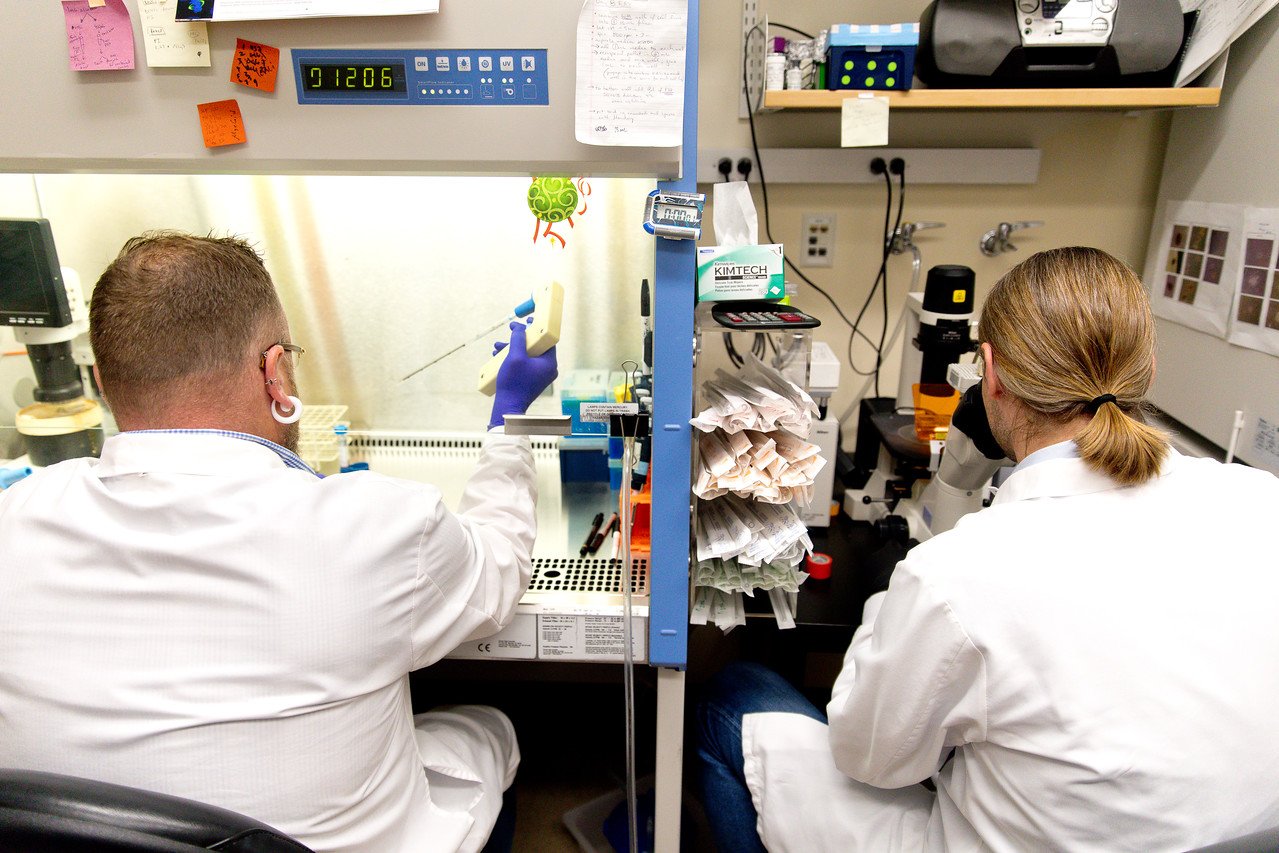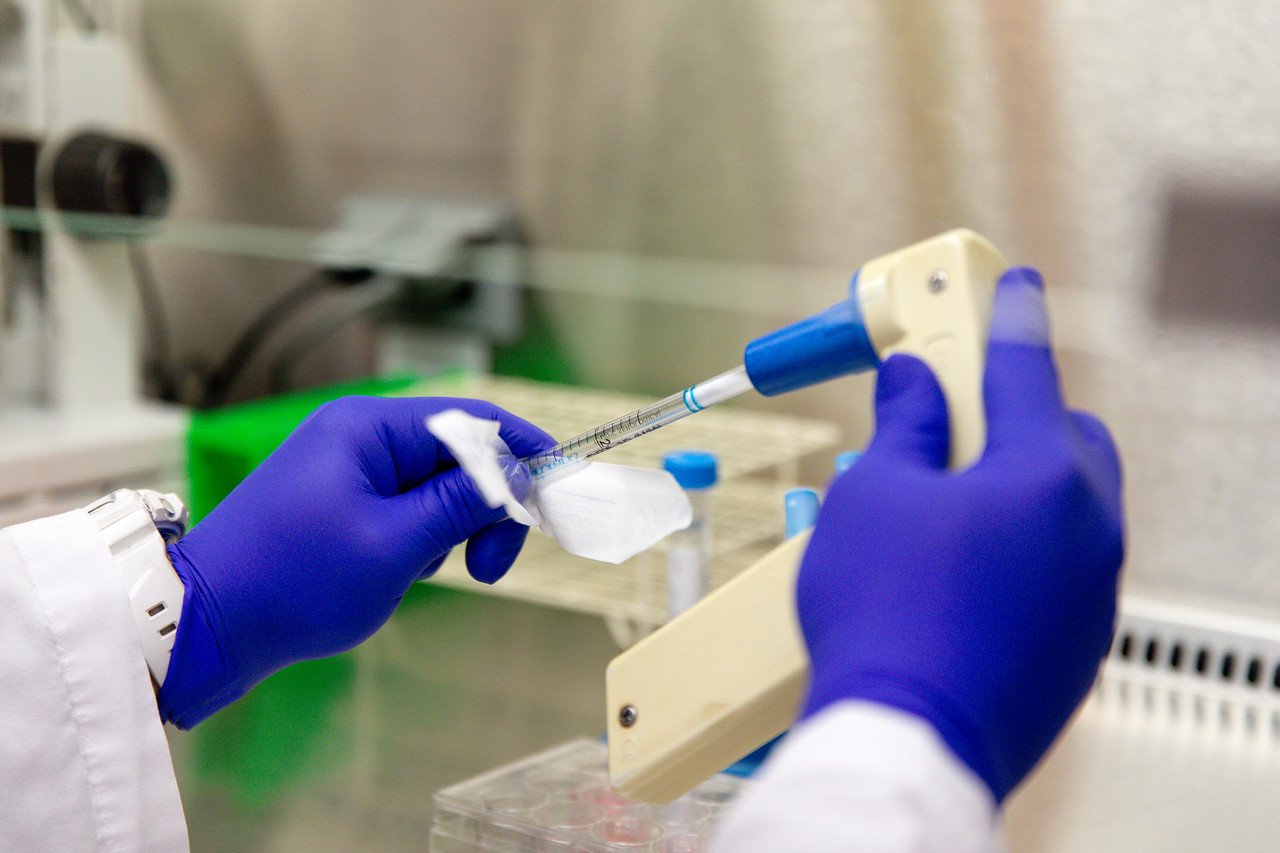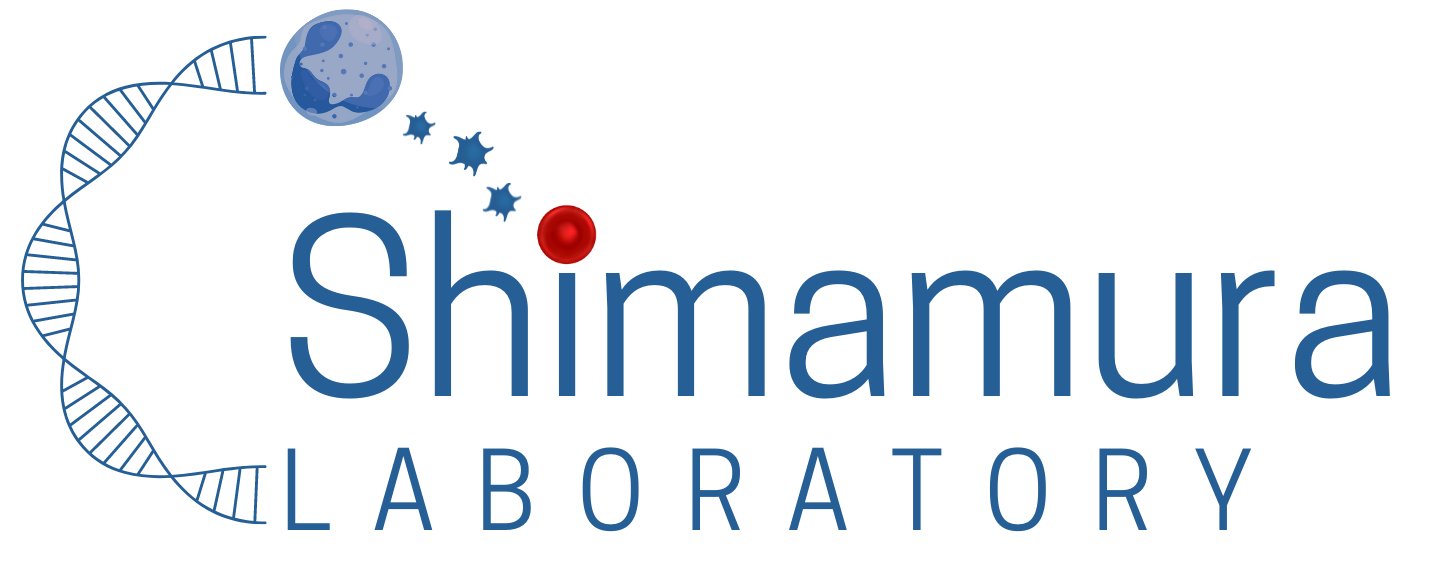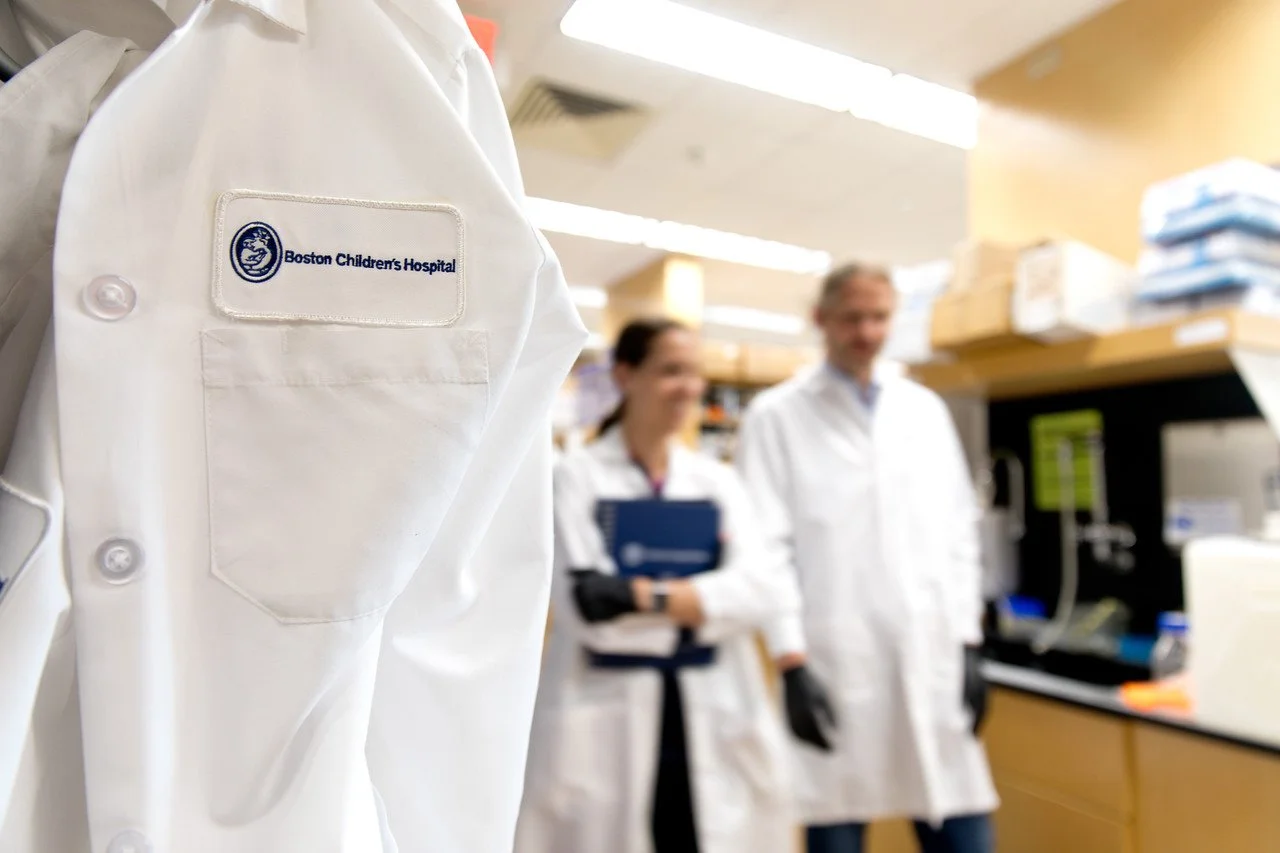
Research
The broad interest of the Shimamura lab is the genetic and molecular mechanisms regulating hematopoiesis and clonal evolution to MDS and leukemia.
The Shimamura lab studies inherited bone marrow failure syndromes and myelodysplastic syndromes, which are characterized by impaired blood cell production and leukemia predisposition. The lab studies primary patient samples and has developed cellular models of marrow failure and MDS. Genetic and genomic studies of marrow failure and MDS are ongoing.
Our work has identified novel genes causing bone marrow failure, MDS, and cancer predisposition. It is increasingly recognized that germline genetic factors contribute to bone marrow failure, MDS, and leukemia in a significant subset of pediatric and young adult patients. Genetic studies of familial marrow failure and familial MDS/leukemias are ongoing. We have established a repository of clinically annotated blood and marrow samples for these studies. The molecular functions of novel genes in hematopoiesis and leukemogenesis are under investigation.

Some of the specific questions under investigation in the lab include:
How do inherited and acquired mutations disrupt hematopoiesis to cause bone marrow failure and pediatric MDS?
What are the natural history and treatment outcomes of the genetic bone marrow failure and MDS conditions?
What are the mechanisms driving bone marrow failure and MDS in patients with genetic predisposition conditions?
Can we develop more effective treatments for bone marrow failure and pediatric MDS?
We integrate clinical studies with molecular, genomic, and transcriptomic studies using a variety of technologies together with functional cell biology and biochemistry assays to study hematopoiesis and clonal evolution in these disorders. In addition to primary patient samples, we utilize a variety of disease models to address each question. We collaborate with experts to apply cutting edge technologies, including genomic, transcriptomics, and single cell analyses, for these studies.
SDS Research
Learn more about our Shwachman-Diamond syndrome research.


